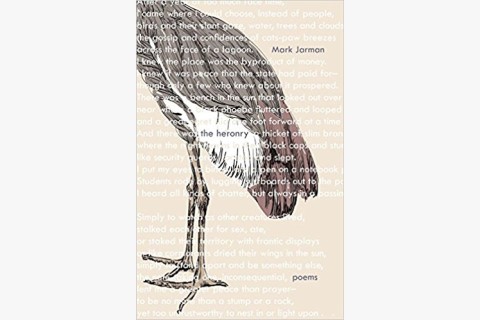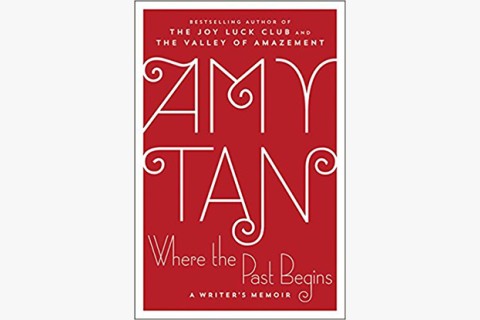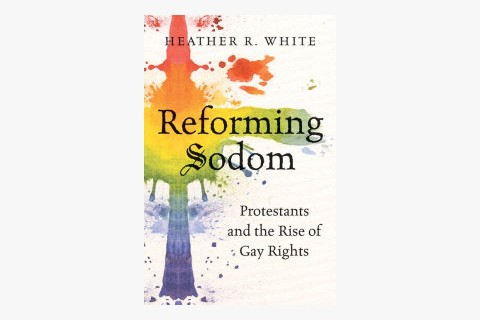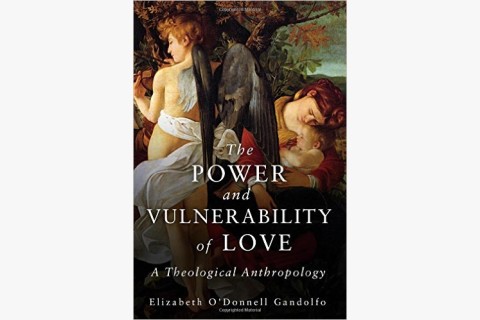Authors /
Lauren F. Winner
Lauren F. Winner is vicar of St. Joseph's Episcopal Church in Durham, North Carolina, and associate professor at Duke Divinity School. Her books include The Dangers of Christian Practice.
The brokenness of Christology
Sarah Coakley explores ruptures on the cross, in the Eucharist, in Spirit-filled people, and between Judaism and the church.
The cats of Maus
Reading Art Spiegelman’s Holocaust graphic novel with Christian eyes
Essays for a time of isolation
Jordan Kisner writes about seeing the world and the self.
The pleasures of good poems
This year, I've read the poetry of Mark Jarman, Tess Taylor, and Nicole Sealey with gratitude.
Amy Tan on writing, family, and writing about family
Some parents are horrified when their children write books that air family secrets. Not Daisy Tan.
The homophile church
Protestants were deeply involved in the gay rights movement—even before the Stonewall Riots.
God in weakness
Elizabeth Gandolfo's first book is not just an anthropology. Its more daring and abidingly important gift is a statement about God.
Jesus' bloody birth
I don’t have the nerve to stand up on Christmas Eve and preach about the choreography of childbirth, but I wish I did.
I wish I had the nerve to preach about Mary’s increased estrogen production, a few days before birth (estrogen that will soften her cervix, and help her blood coagulate after delivery). I wish I had the nerve to preach about Mary’s and Jesus’ pituitary glands producing oxytocin, which in turn allows Mary’s contractions to accelerate.
Free Newsletters
From theological reflections to breaking religion news to the latest books, the Christian Century's newsletters have you covered.
Blessed are Mary, Judith, and Yael
This story is full of echoes—most famously, Mary's song echoes Hannah's. But there is another echo: Elizabeth's praise of Mary, which gets taken up into the Hail Mary, is an echo of Deborah's song in Judges 5.
The One who takes our chaff away
God loves everything that God made, and God loves you especially, and the only way you can avoid that love is by deliberately removing yourself from it. That is how I want to preach this Gospel on Advent 3. John the Baptist tells us that we can, in fact, separate ourselves from love, and describes some of the ways how.
In response to John’s insistence that the ax is at the root of the tree, poised to cut down trees that don’t bear good fruit, three groups ask, “If that’s so, how then shall we live?”
December 24-25, Nativity of the Lord: Luke 2:1-14 (15-20)
There are many ways we receive the gift of Jesus badly.
December 13, Third Sunday of Advent: Zephaniah 3:14-20; Isaiah 12:2-6; Philippians 4:4-7; Luke 3:7-18
The tension between the joy of the first three readings and the judgment of the Baptizer’s proclamation is theologically instructive. It presses us to hold the two together.
Threads of incarnation
I loved writing Wearing God in part because it allowed me to rove around archives from more or less every century of the Christian past. The biblical images for God that most (American?) churches today largely ignore were decidedly not ignored in earlier eras.










